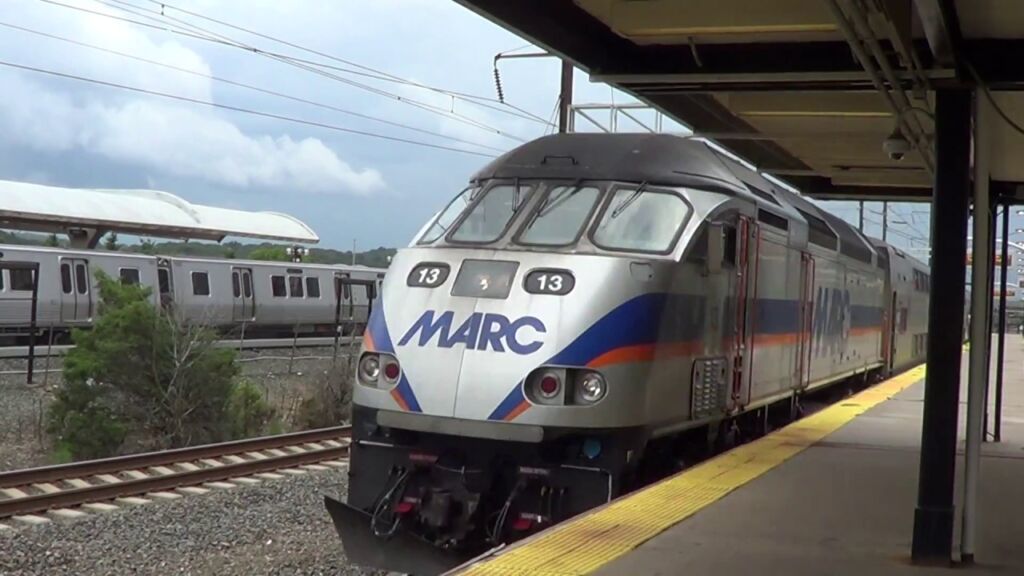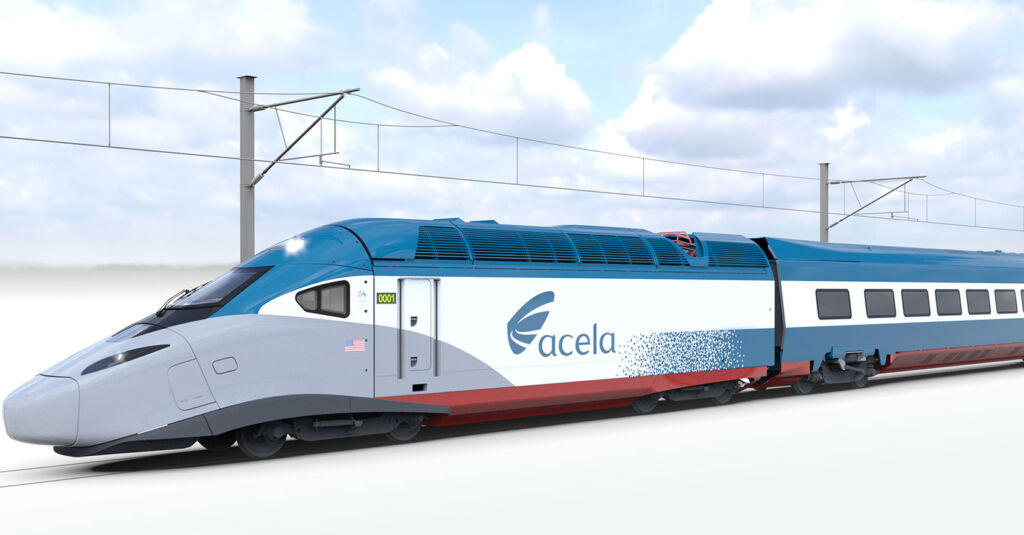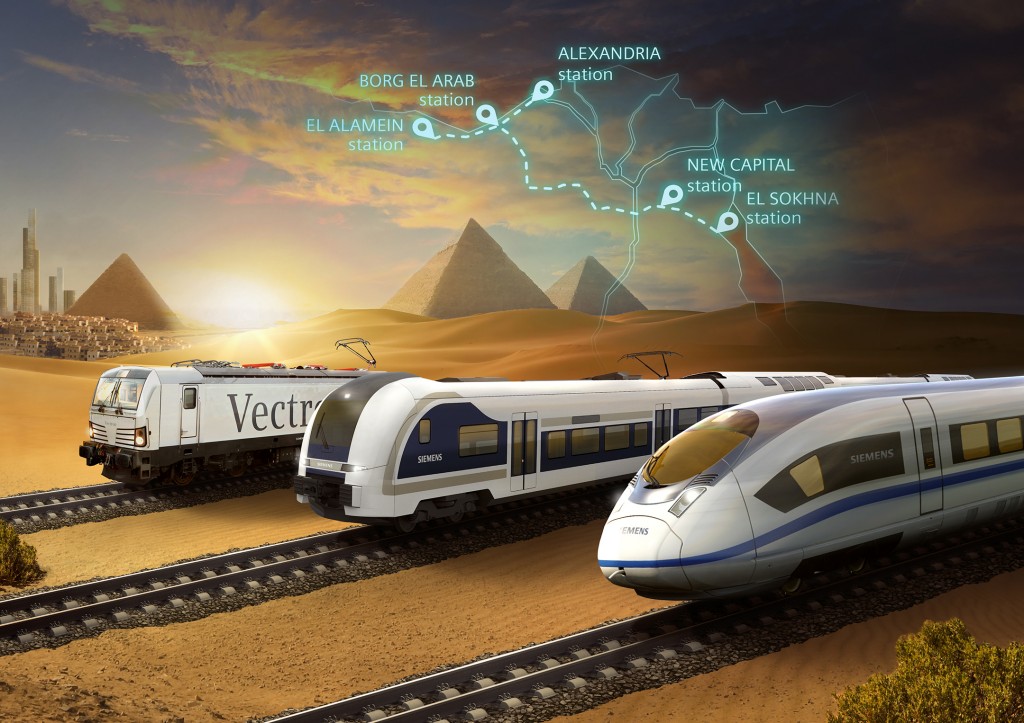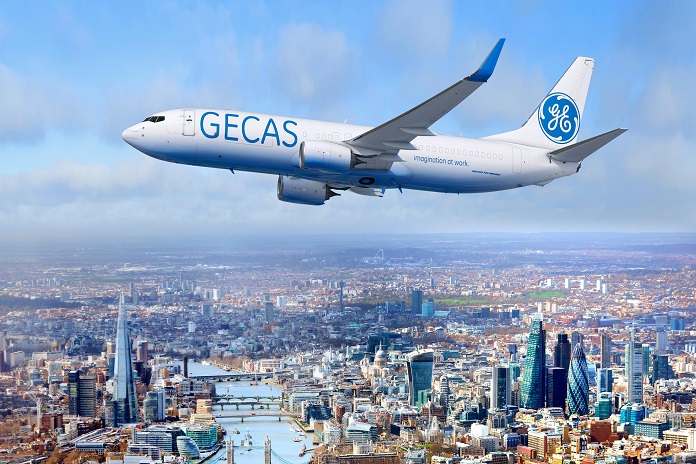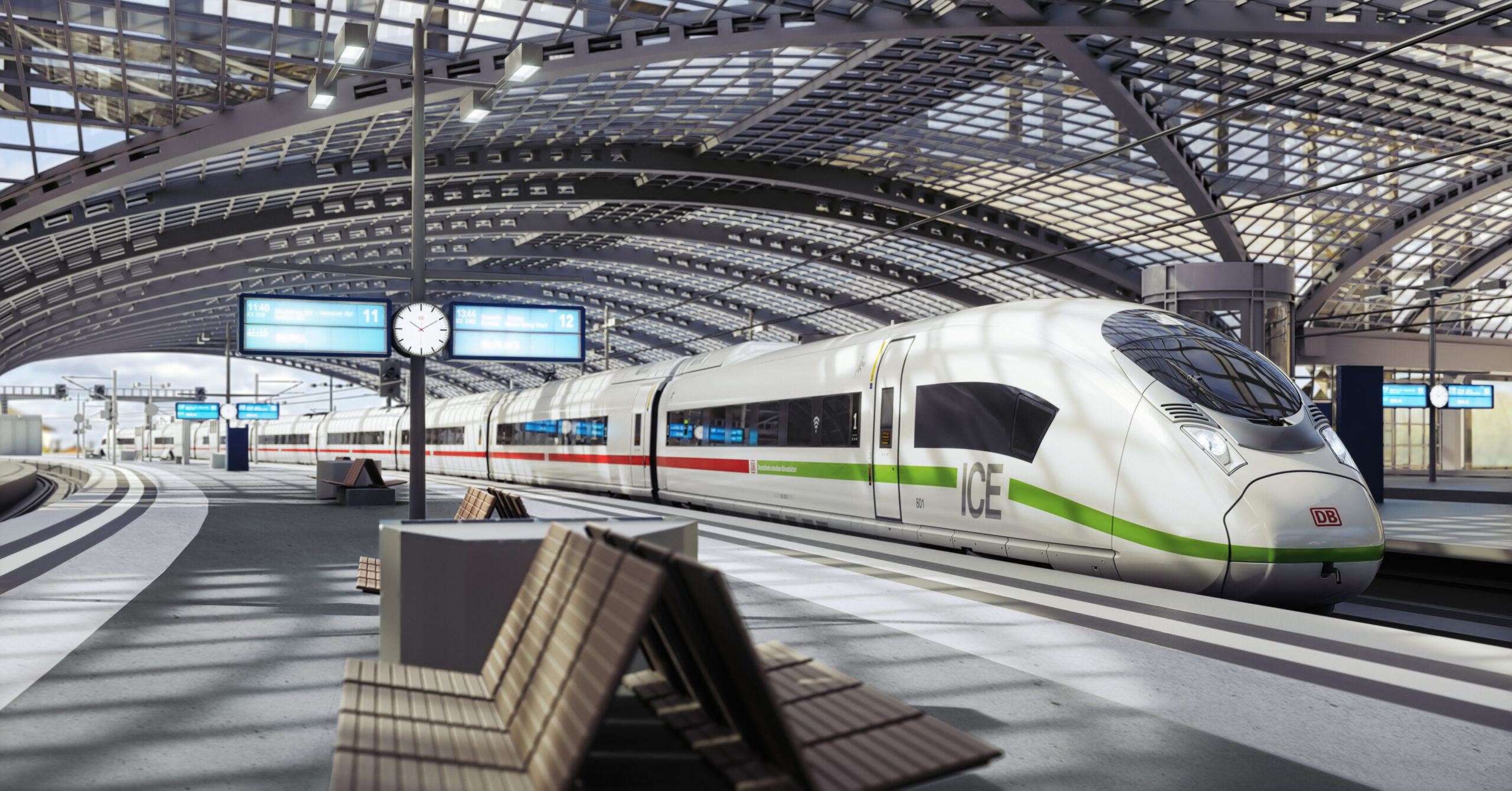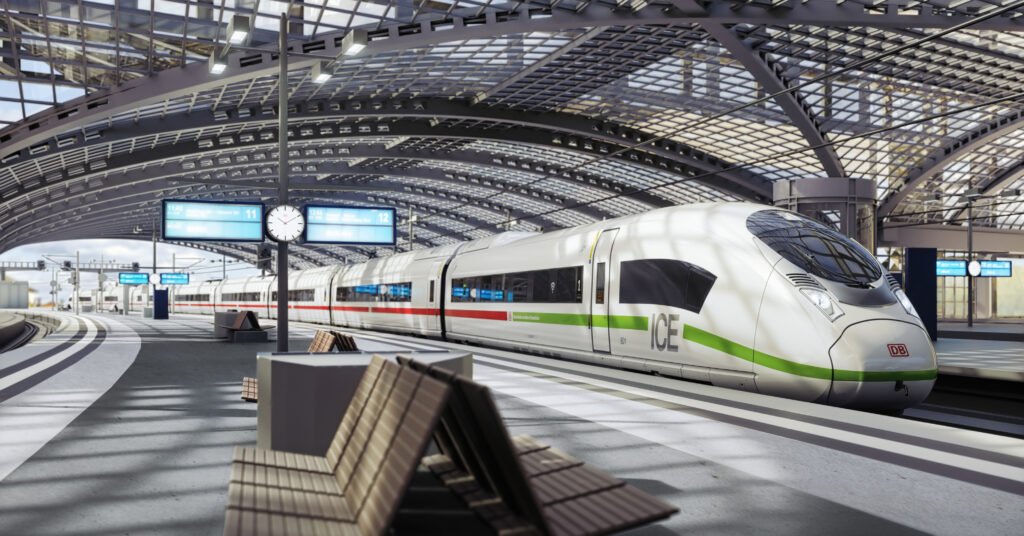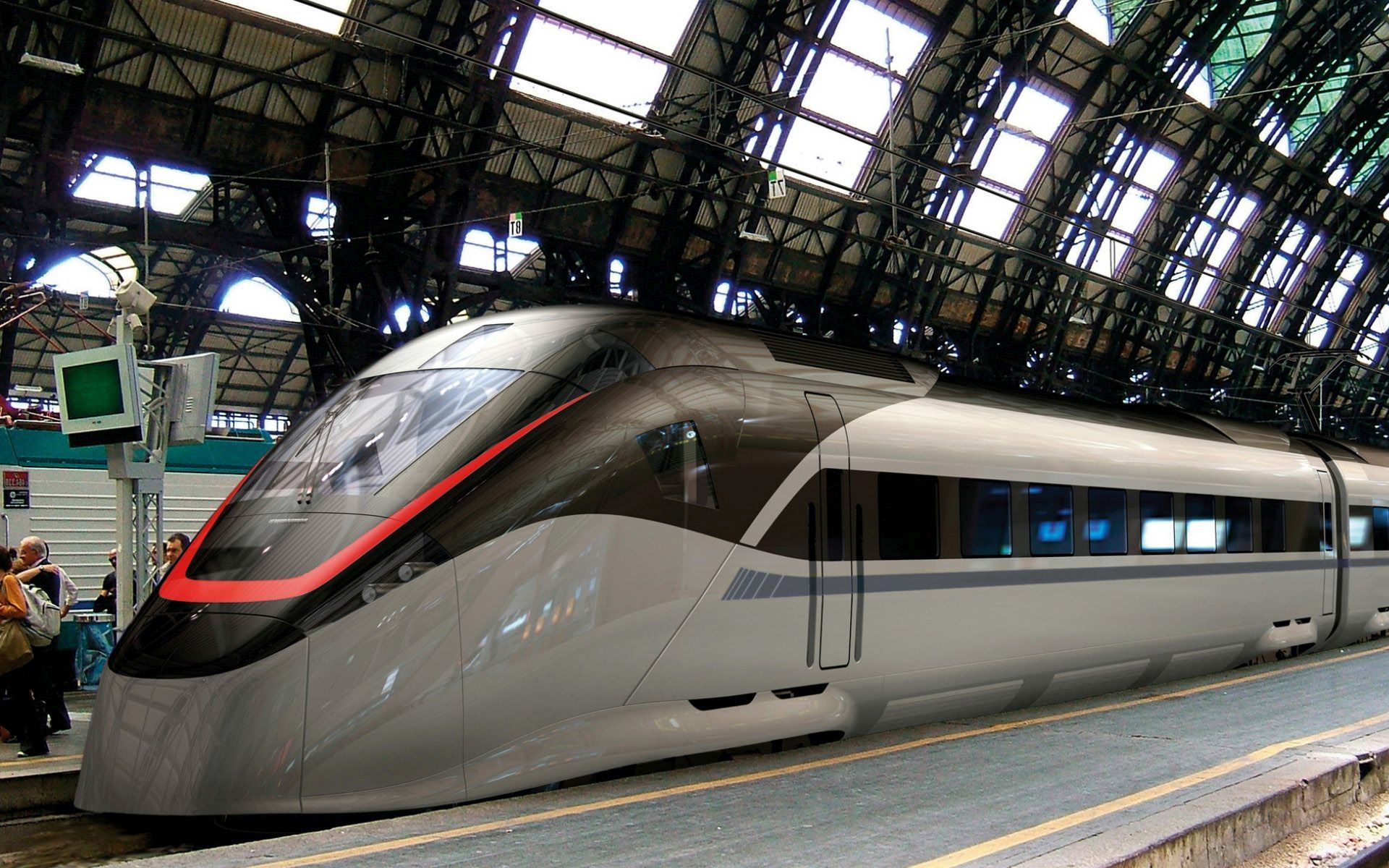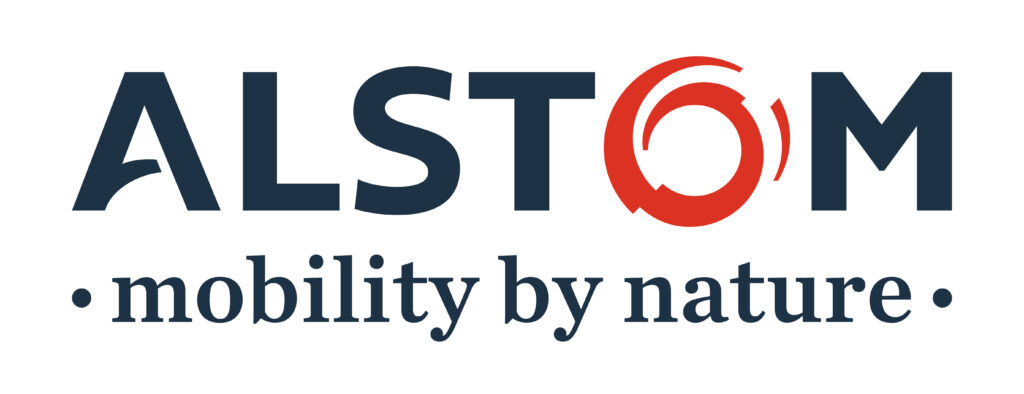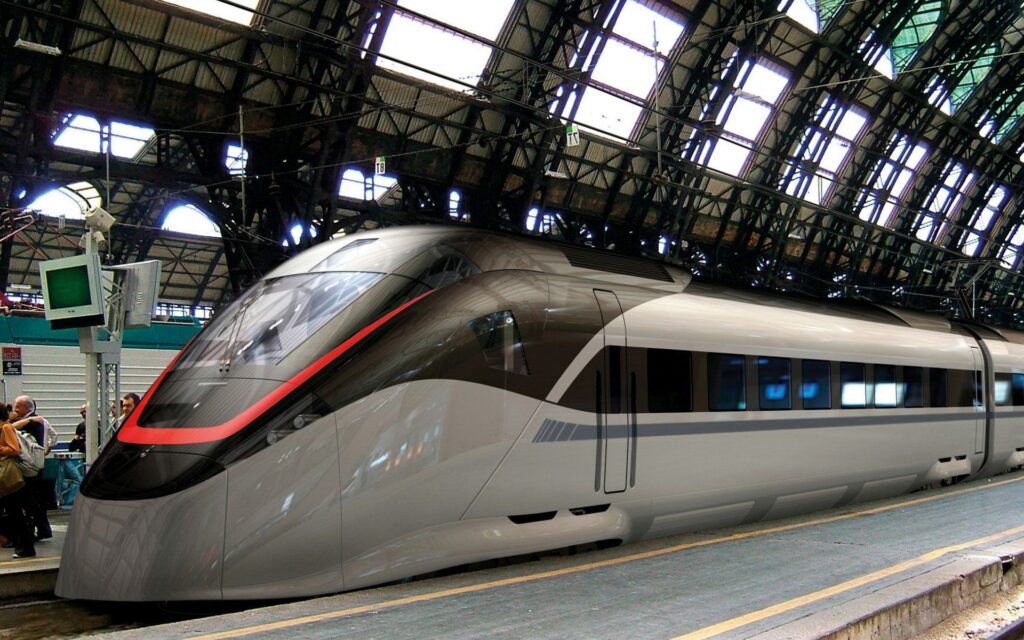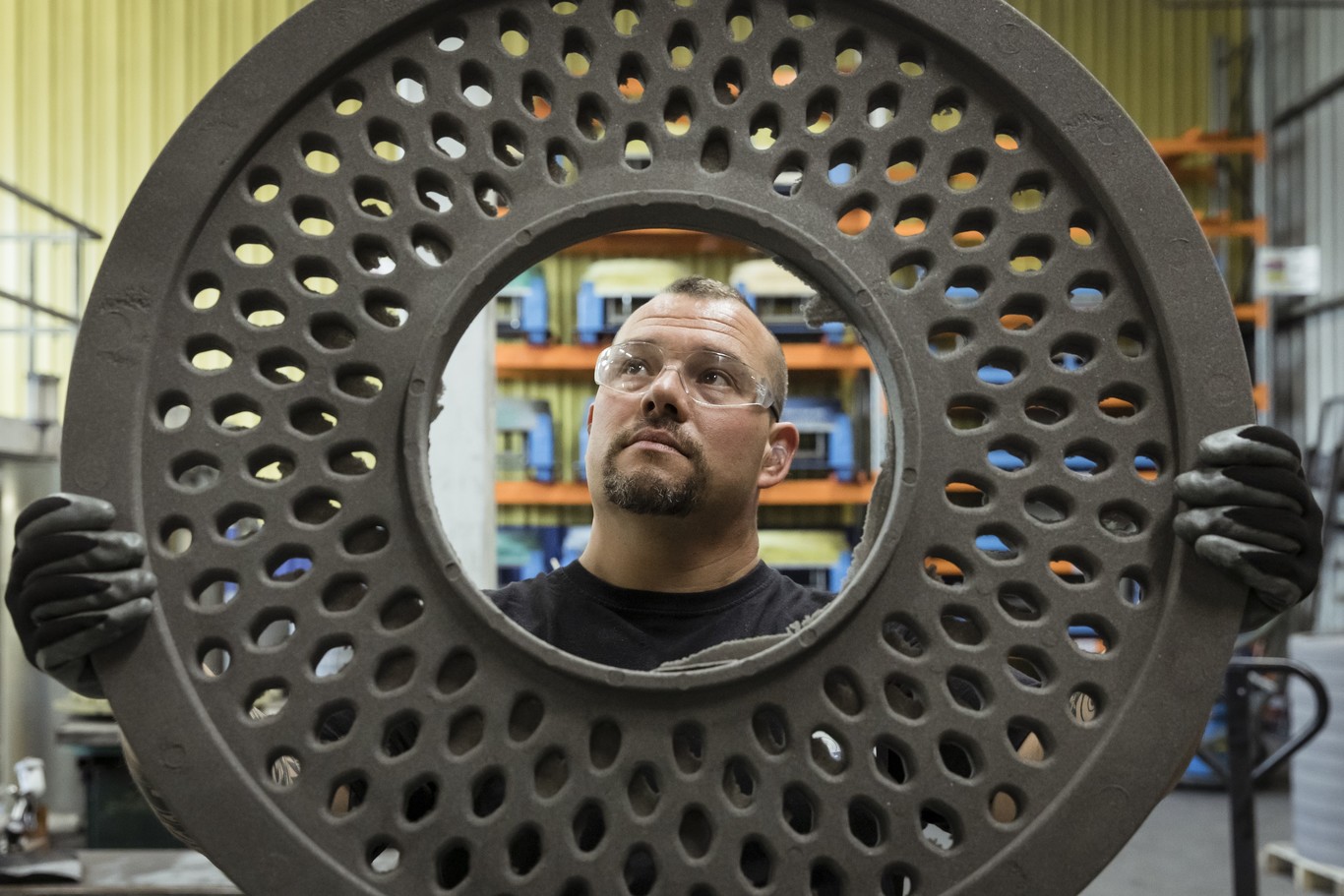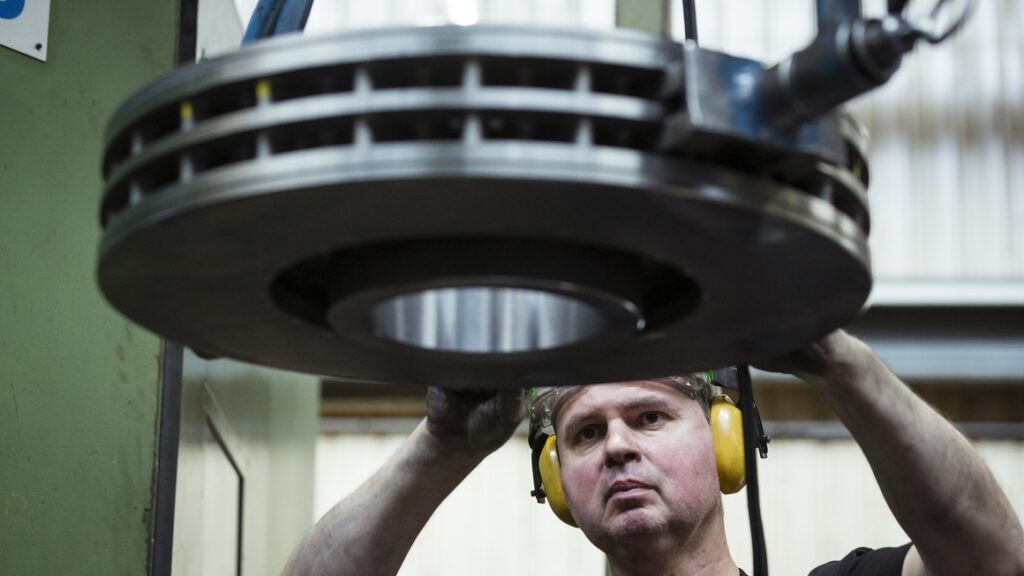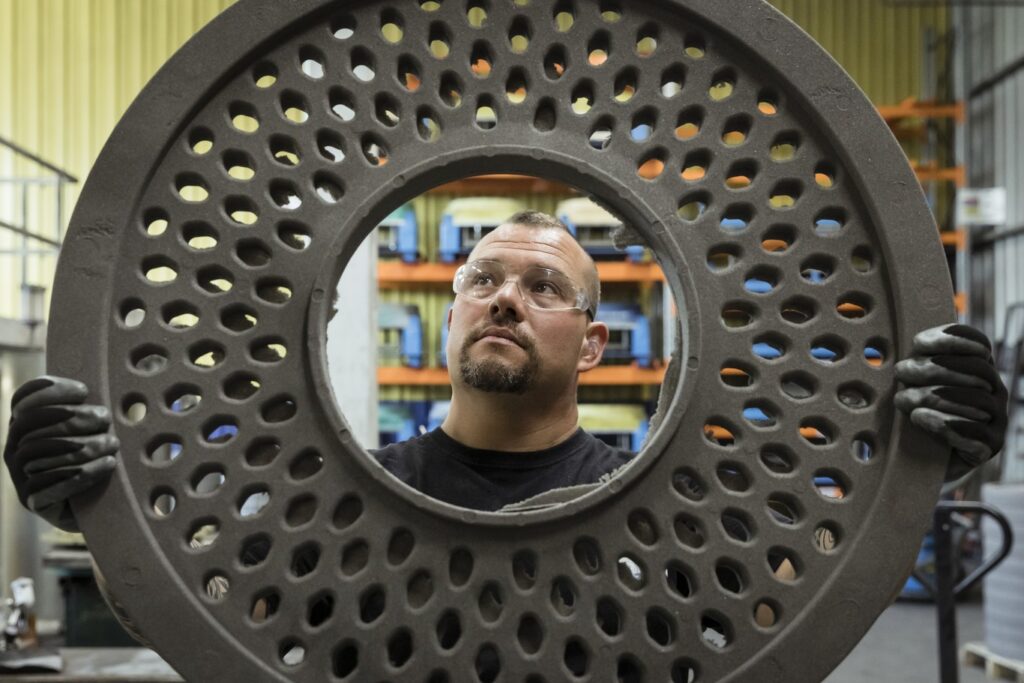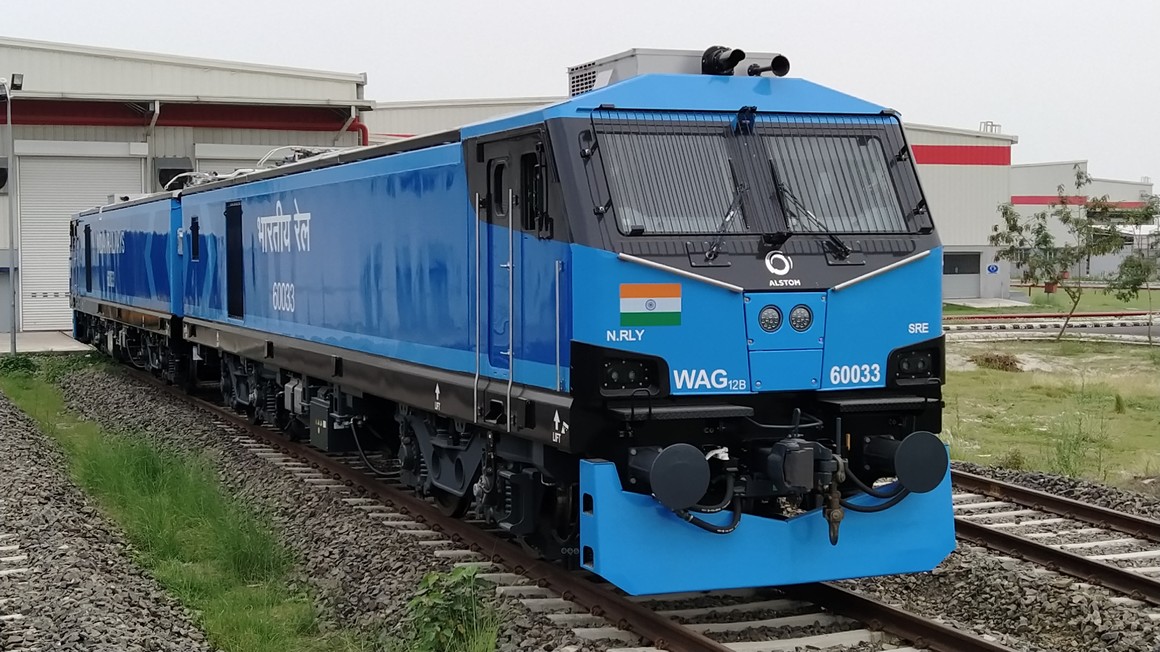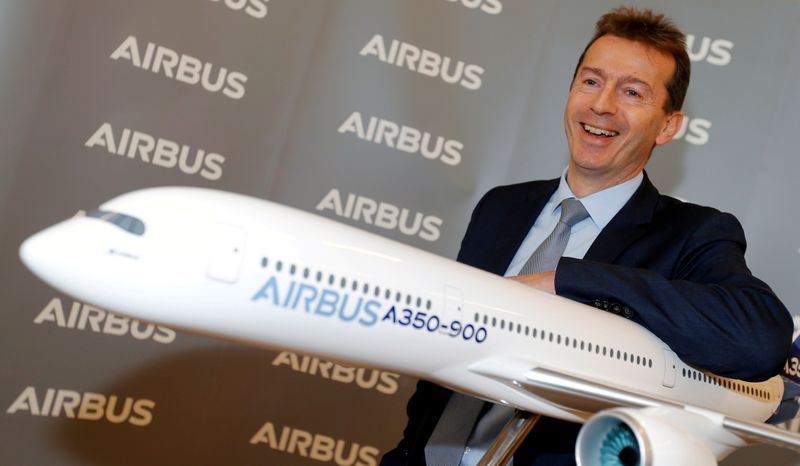WASHINGTON – Amtrak is transforming Northeast Corridor train travel by enhancing the customer experience, both in stations and on board trains. As part of this effort, Amtrak is currently accepting Letters of Interest from interested contractors until Feb. 15, 2021, for construction associated work at New Carrollton Station in Maryland. The project involves work within the existing station and the construction of a side platform, and will be closely coordinated with Amtrak for minimal impacts to service.
This infrastructure work is underway in preparation for the introduction of the new Acela fleet scheduled to begin entering service in 2021. The project is necessary to support higher frequency Acela service by expanding the routing options available for high-speed trains in the busy triple-track territory between Washington, D.C. and Baltimore, which is also heavily utilized by commuter trains.
Constructed in 1983 as an intermodal facility, the New Carrollton station serves Amtrak and Maryland Area Regional Commuter (MARC) trains, Washington Metrorail, Metro buses, MTA buses and county transit, as well as many commuting drivers who connect to transit and Amtrak. The New Carrollton Station is served daily by Amtrak’s Acela, Northeast Regional, Palmetto and Vermonter trains. New Carrollton Staton is located on the Northeast Corridor (NEC), one of the busiest, most complex, and economically vital transportation systems in the world connecting eight states and the District of Columbia.
In an effort to make Amtrak the smarter way to travel, we are also upgrading our infrastructure and modernization efforts and improving track capacity and ride quality all along the Northeast Corridor. The New Carrollton Station project also complements other significant station expansion investments at New York Penn Station; the opening of the new Moynihan Train Hall in New York; and further development of stations in Washington, D.C., Baltimore and Philadelphia.
Visit Amtrak.com to learn more about the Future of Rail and infrastructure improvements.
